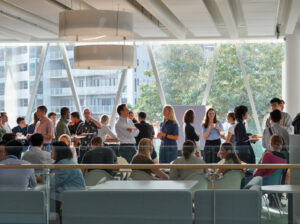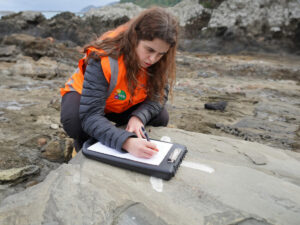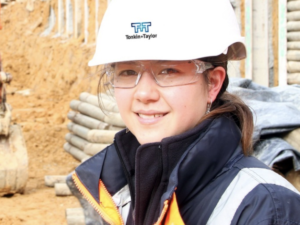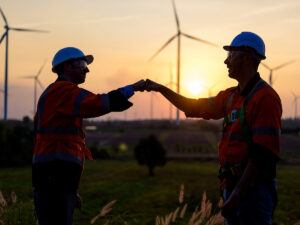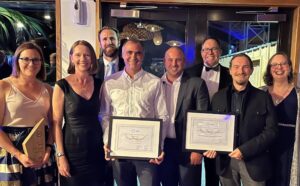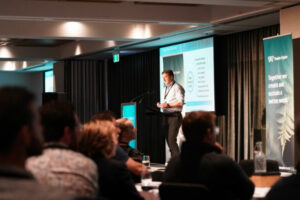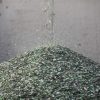By Donna Shiel – Senior Circular Economy Consultant, Tonkin + Taylor
Communities are becoming increasingly aware of the core principles of circular economies, and are more interested in understanding the ways their local council is contributing positively. Here, we take a closer look at the ways local governments can build circular principles into their operations.
The Australian Department of Climate Change, Energy, the Environment and Water define circular economy as “a way of achieving sustainable consumption and production, as well as nature positive outcomes”. It is a shift away from the prevailing linear economy, often referred to as a ‘take-make-waste’ economy, to one which decouples economic activity from the consumption of finite resources.
Driving the transition from a linear to a circular economy are no shortage of global and regionally focused think-tanks, thought-leaders and not-for-profits. Their work is intentional, and together they supply many engaging entry points, stemming from the widely recognised and accepted core principles of a circular economy:
- To design out and eliminate waste and pollution
- To keep products and materials in use
- To regenerate natural systems
To effectively transition to a circular economy, a global movement requires clear ideals. Key elements include collaboration across society, research into global trends, support for innovation, and a supportive socio-political environment.
Here are some suggestions to guide your council’s shift to a circular economy.
Three ways to transition to a circular economy
1. Alignment of council plans, policies and strategies
Engaging a circular economy expert to undertake a review of your Council Plan and key council policies and strategies is a meaningful way to create an enabling political environment for staff and a social licence to explore this path with the broader community.
A review could entail a horizon scan of current and predicted future trends and current international, national and statebased policy, desktop analysis of council documentation, recommendations for amendments that are aligned to regional and global expectations, and a timeline for implementation.
2. See what’s happening in your area and promote it
There are hundreds, if not thousands, of examples of dedicated businesses and community groups who use their time to drive the local transition from linear economies to circular ones. Some examples of these can be seen in Sustainability Victoria’s Circular Economy Communities Fund.
Finding out what your local businesses and community groups are doing, and then seeking to understand how you can best support them to scale up or replicate, can be both empowering and affirming. To borrow TED’s mission statement, work to “spread ideas, foster community and create impact”.
3. Look for gaps and fill them
With so many organisations working in the circular economy space, there can be overlap, but there are also areas that require someone to take the lead. As you understand your local area better than anyone else, with a bit of investigation, you will be able to find these gaps.
This could look like:
-
- Building a partnership with a local industry, such as a health clinic, to focus on hospital plastic, a material that is stubbornly linear
- Using your purchasing power to buy up-cycled, reused or recycled products, and in doing so, supporting local manufacturers at the same time
- Working with your contractors and to see how recycled materials can be embedded into, for example, construction of new roads and footpaths
Finally, as transitioning to a circular economy is best done in collaboration and partnership with others, perhaps the first step from here is to ask, ‘Who can I reach out to, to take my first, or next, step?’.
If your organisation is looking for support in transitioning to a circular economy, contact our team by emailing australia@tonkintaylor.com.au or calling +61 3 9863 8686.
(This article was originally published in the Summer edition of Council magazine.)



